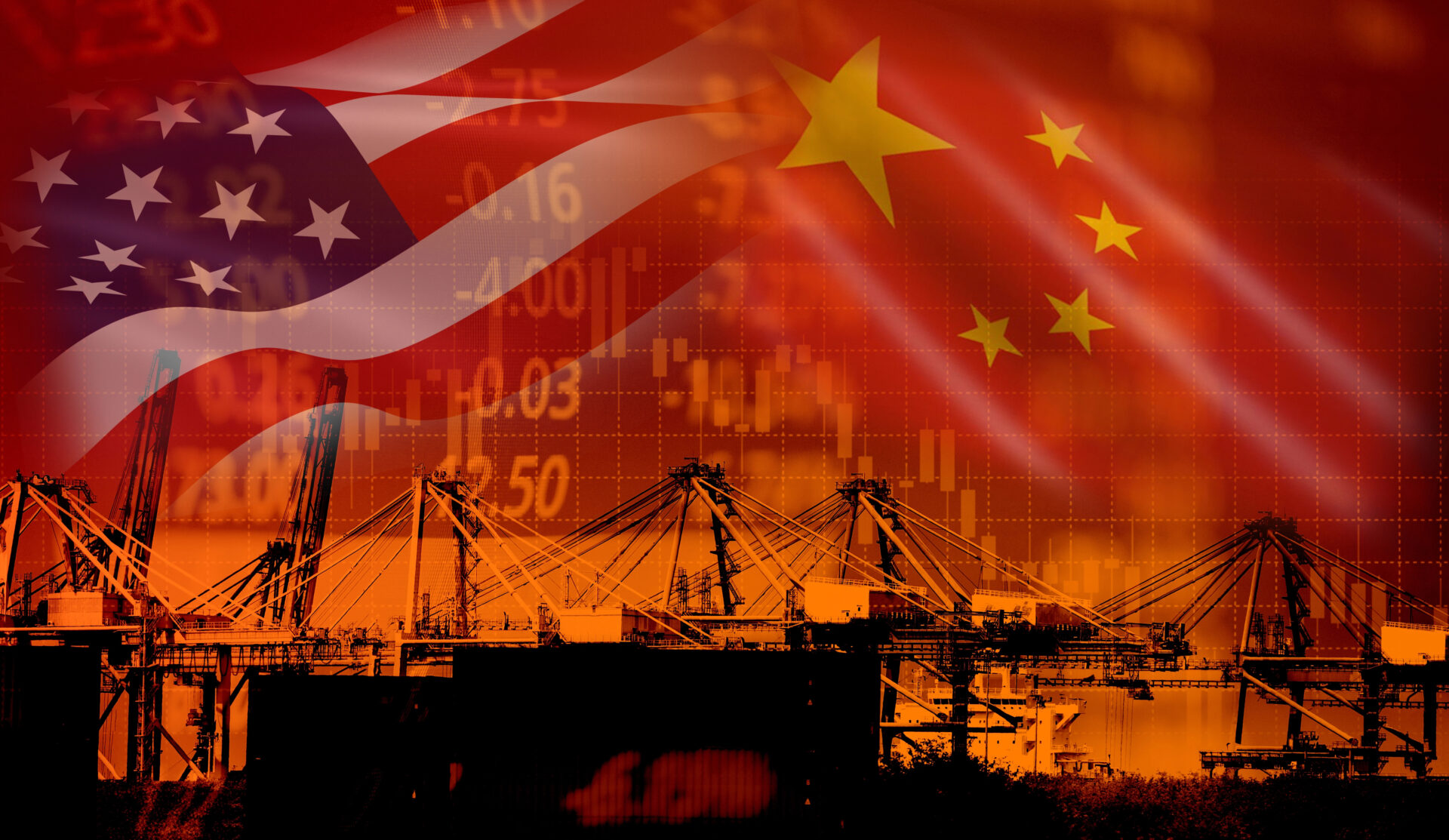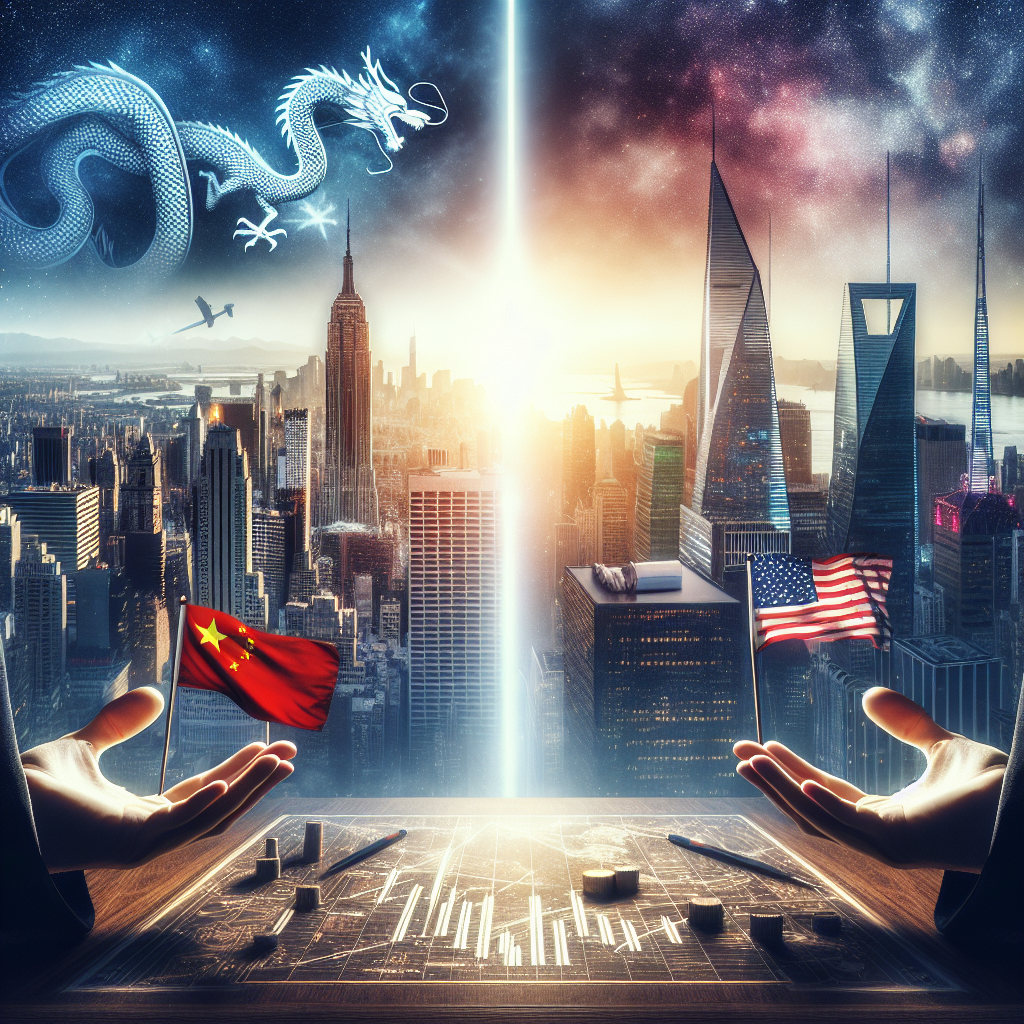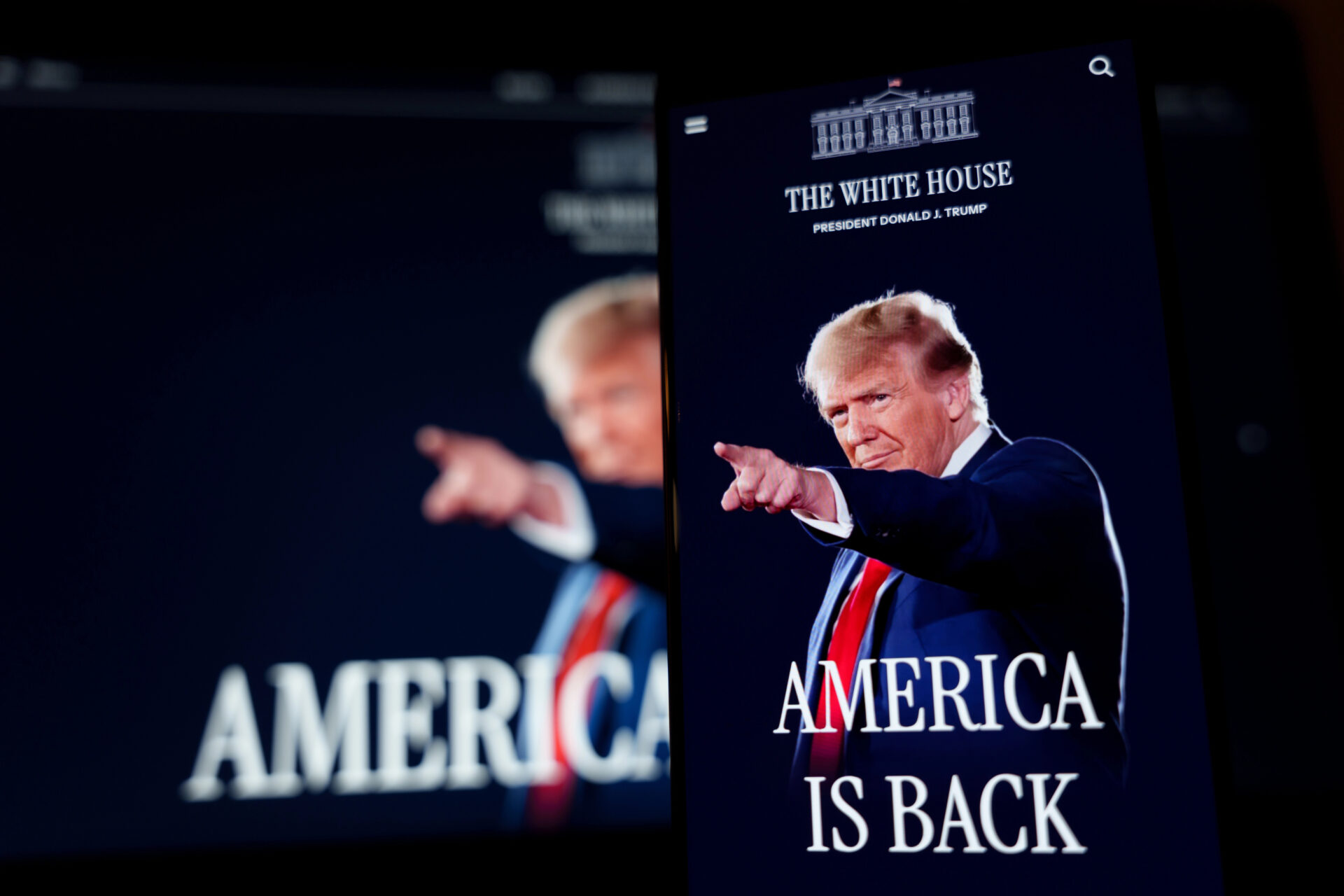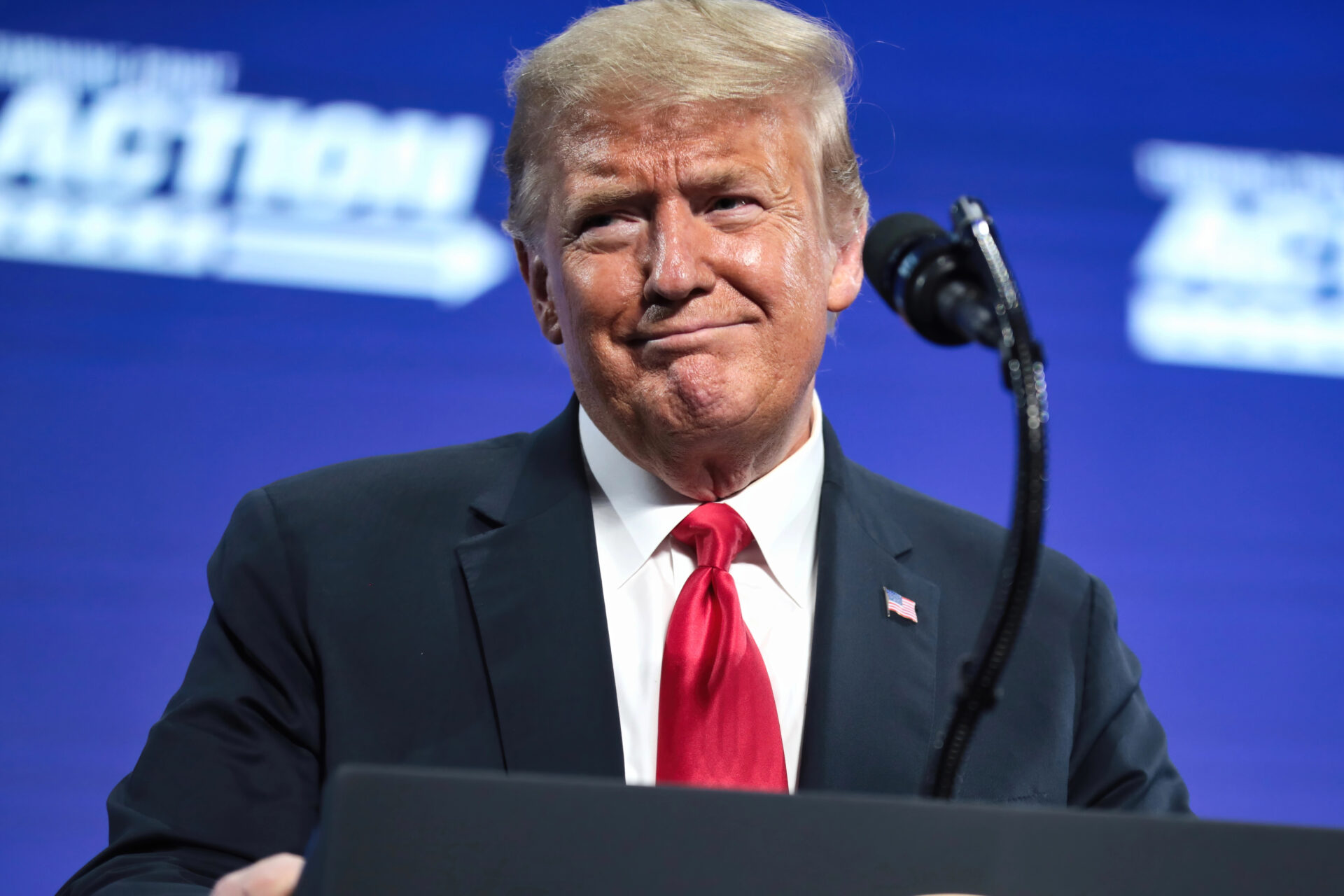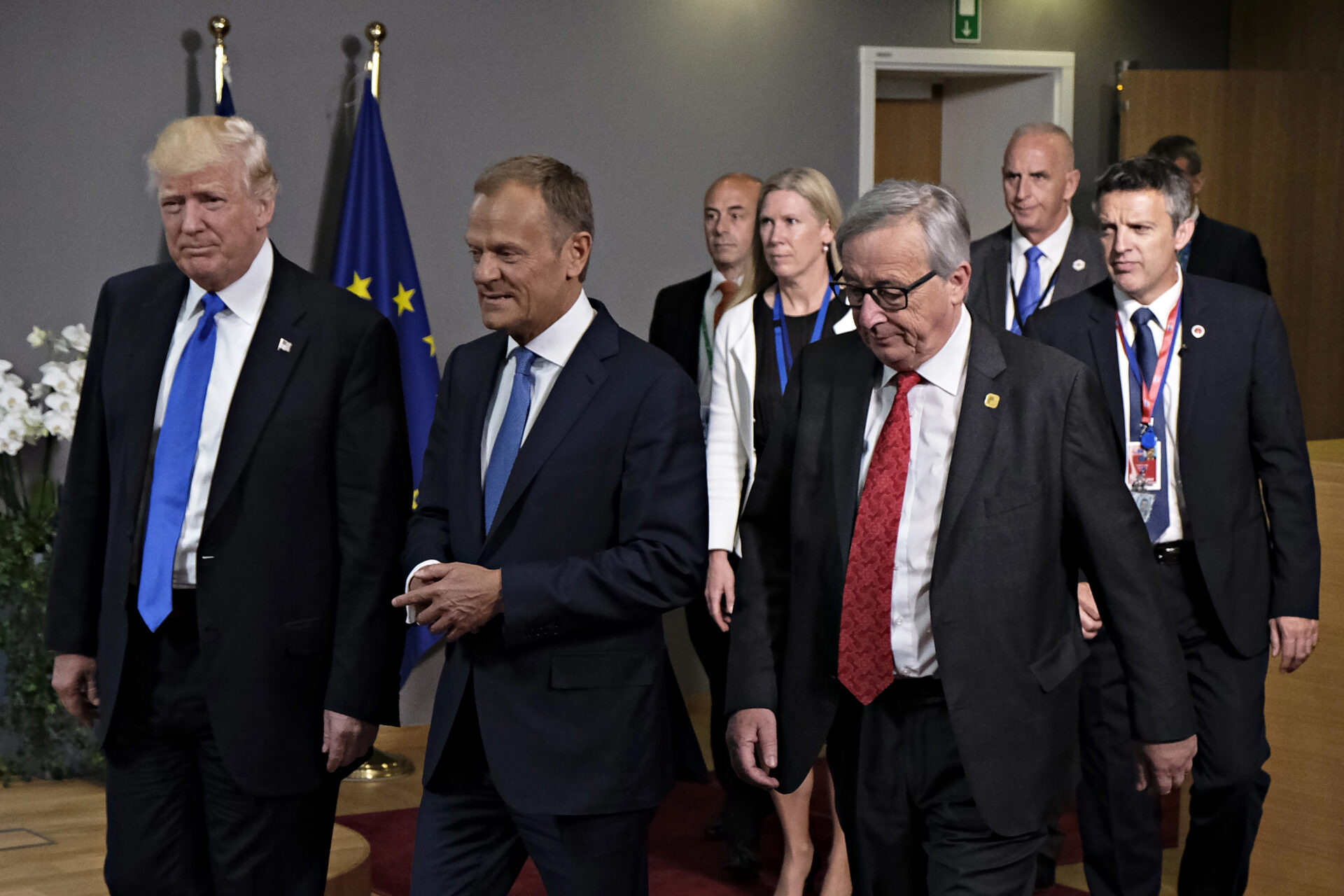Tariffs aren’t just trade tools—they’re declarations of independence. President Donald Trump, the man who champions putting America first, has once again upended the status quo with his newest tariff strategy against China. This time, it’s a staggering 245% tariff. Yes, you read that correctly: 245%. To some, it might sound eye-popping, but to every American who has felt sidelined by unfair trade, it’s music to our ears—a symphony of sovereignty.
Now, before the naysayers rush in with their tales of economic doom, let’s remember something Harry Truman once said: “It’s a recession when your neighbor loses his job; it’s a depression when you lose yours.” The logical extension here is that paying attention to our economic borders ensures that America thrives first and foremost, safeguarding our jobs, our industries, and our future.
Here’s the crux of it: China has long benefited from one-sided trade practices that leave the American worker shortchanged. By imposing such a significant tariff, Trump is doing what he can to level the playing field—because if there’s one thing he knows, it’s how to make a deal. What we’re witnessing is not just a trade war. It’s a battle of economic sovereignty. Trump recognized a simple truth that so many in Washington missed: China isn’t just another trading partner—it’s a competitor playing by its own rules. President Trump’s hardball tactics are pushing back against this rigged game.
The tariff hike will, no doubt, rattle global markets. It’s a bold move, but one steeped in strategy. China, with its export-dependent economy, is taking a direct hit. As they lose the lucrative U.S. market, they’re scrambling to patch the economic wound. Yes, we’ve heard the complaints about supply chains and higher consumer prices, but let’s face facts: this is about resilience, a call to bring manufacturing back home. “We will not be held hostage by other countries,” Trump declared, and he’s right.
So, what’s the counter-argument? The critics, predictably, will say that these tariffs are short-sighted or that they’re hurting the very American businesses they’re supposed to protect. But let’s deconstruct that. American businesses have been adapting—expanding domestic manufacturing and diversifying supply chains—and these tariffs will expedite those efforts. The warning flags the elites have raised pale in comparison to the long-term gains of rebalancing trade relations.
As Trump continues to negotiate with over a dozen countries, each looking to secure a better deal with the U.S., the leverage grows. In the grand trade battlefield, China finds itself increasingly isolated. With new alliances and deals, America has the upper hand—the importance of which cannot be overstated. Trump’s tariffs aren’t just about retaliating against unfair practices; they’re about ensuring that American industries are competitive globally, creating jobs and strengthening our economy’s infrastructure.
In this complex dance of diplomacy and economics, Trump has shown that he won’t back down—not an inch. His administration is making it clear to Beijing: When it comes to the interests of the American people, compromise is not on the table.
Consider the words of President Trump on his Truth Social platform, which echoed a truth many of us have known for years: “NOBODY is getting ‘off the hook’ for the unfair Trade Balances…especially not China which, by far, treats us the worst!” This is the kind of decisive leadership that resonates deeply—and for good reason.
In closing, Trump’s bold actions remind us of something essential: Remaining passive on the world stage isn’t an option. When it comes to economic justice, President Trump is ushering in a new era of American dominance. It’s not just about trade; it’s about restoring dignity and respect for the American worker. And for that, we should all stand behind his strategic vision.

